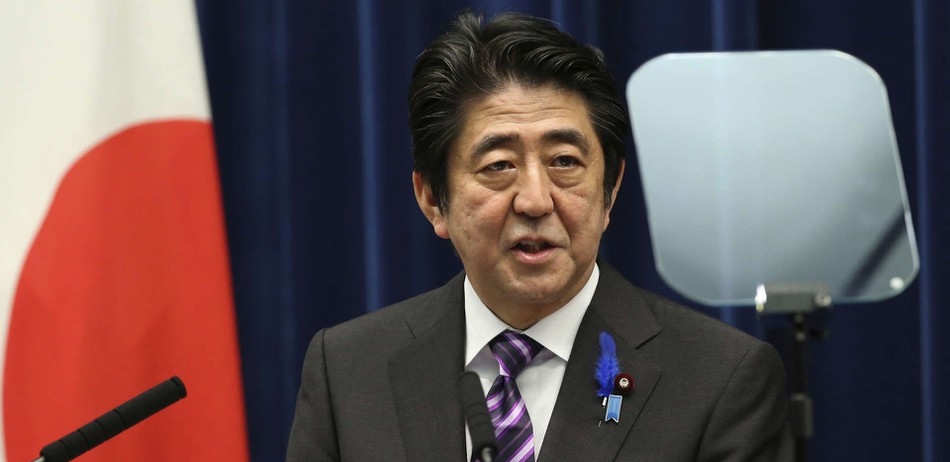Japan softens stance
December 18, 2017 | Expert Insights

Japan has expressed keen interest and inclination towards China’s ambitious One belt one Road initiative. This move forms a part of the shift in Japanese foreign policy to check China’s growing territorial assertiveness in the Indo-Pacific Region.
Background
It was only in the year 1972 that China and Japan established diplomatic relations after Japanese invasion of China in 1937 and the eventual relinquishing of all land holdings by Japan in China due to the larger implications of World War II. Japan then formally recognized the communist government of China and China renounced demands for war reparations from Japan. It took roughly two decades for economic activity to increase between the two states and for bilateral trade relations to grow and flourish. The economic situation of the two economic giants remained largely different from each other with, Japan’s economic bubble bursting to China’s economy soaring post the economic reforms of the 1980s.
Additionally, both the countries have been actively involved in making efforts to establish dominance over the Indo-pacific region with special focus on trade relations for national advantage. While Japan recently emphasized on a “Free and Open Indo-Pacific Strategy”, the involvement of China in geo-economics can be however traced back to 2008 when the government decided to abandon Deng Xiao-ping’s mantra of ‘biding time’ and maintaining a low profile in international affairs. Potentially seen as a post financial crisis (2008) phenomena, China has demonstrated far greater assertiveness in the geopolitical domain. It has used trade and economy as a tool for creating a stronghold in the Indo-Pacific. The OBOR initiative is reflective of largely the same.
Analysis
Japan’s initiative of extending co-operation to China on OBOR is driven by the need to enhance diplomatic ties with China given, Beijing’s increasing global economy and security presence. Japan has earlier introduced the Indo-pacific policy in August 2016 to check China’s growing maritime assertiveness in the East and South China Seas realizing the importance of Maritime Order based on Rule of Law.
With the One Belt One Road Initiative China had aimed for creating strong and reliable trade ties with networks in Asia, the Middle East, Europe and Africa. Japan has come to realize the potential of the market and business opportunities that could come with its collaboration with China on the project.
For India this move by Japan could potentially be a turning point in its position on OBOR. With another Asian giant on board, it can force India to revisit its hard-line stance over sovereignty concerns.
To that end, Japan's Prime Minister Shinzo Abe has expressed his intention to cooperate with China on President Xi Jinping's Belt and Road initiative. "I believe Japan will be able to cooperate well with China, which has been putting forward its One Belt One Road initiative" in a free and open Indo-Pacific region,” Abe said. He added, “Meeting robust infrastructure demand in Asia through cooperation between Japan and China will contribute greatly to the prosperity of Asian people, in addition to the economic development of the two countries.”
Assessment
Historical animosity and constructions of collective memory around Sino- Japanese relations have evidently failed to cast aspersions on geo-economic behavior. With Japan’s willingness to cooperate allows it to open newer business opportunities and establish itself as a regional giant. It also leads to a possibility of a series of cooperative dialogues and arrangements with other likeminded countries with convergent economic interests in the Indo-pacific region.








Comments